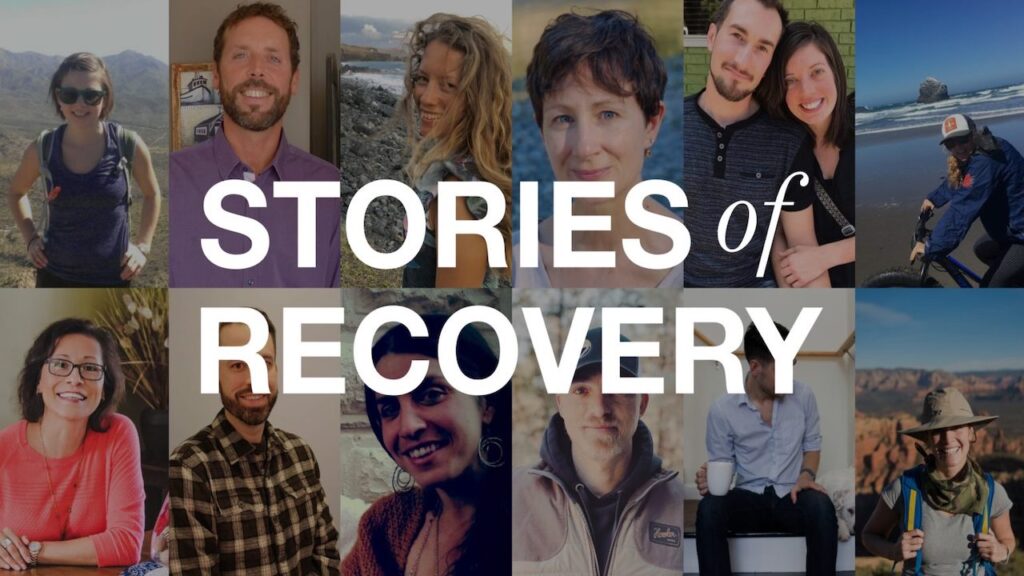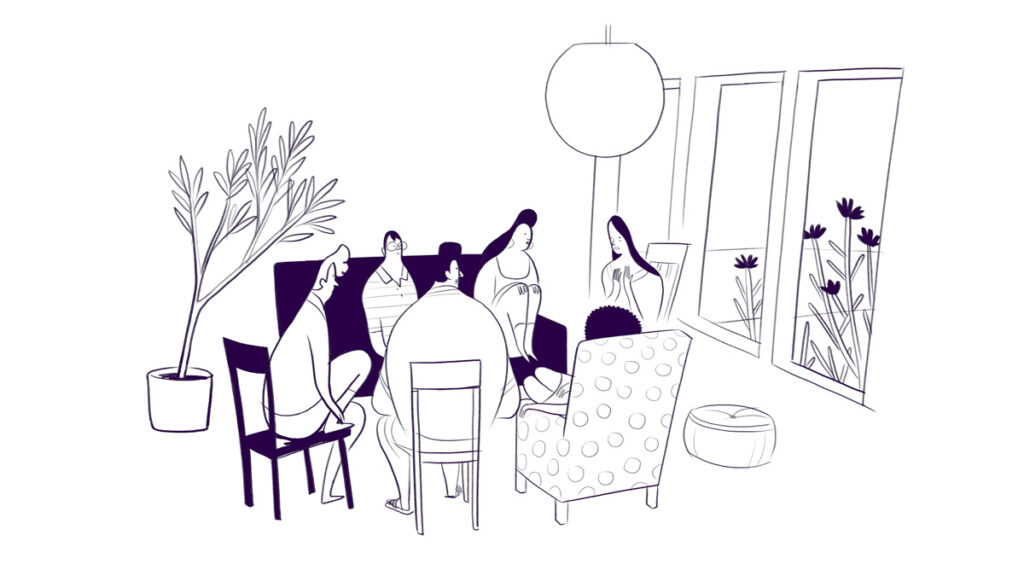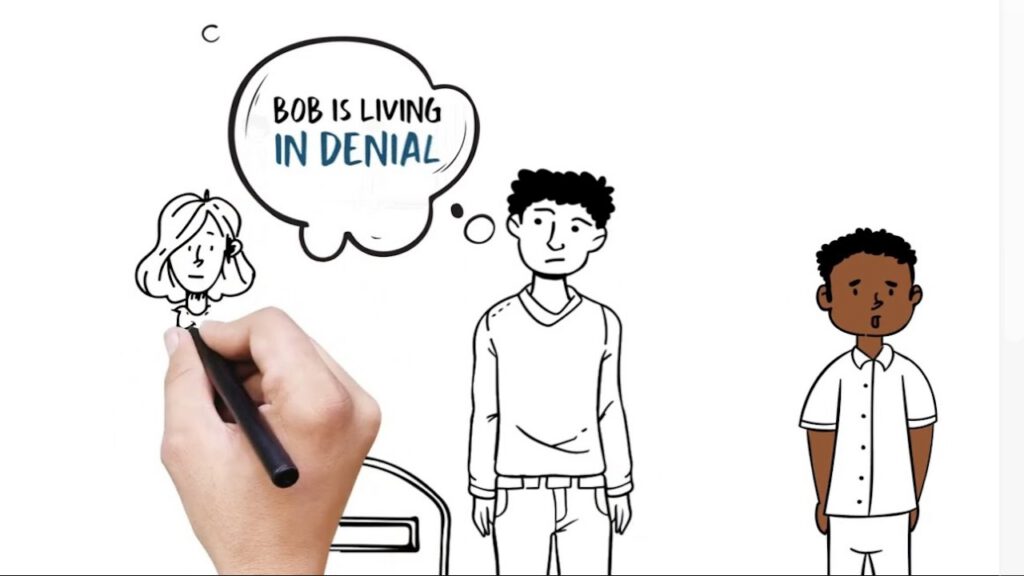Real Allies in Recovery Success Stories

Families Share How CRAFT Helped Their Loved Ones with Addiction
My Son is Using Again.

When you are trying your best to work with a family member in recovery from Substance Use Disorder (SUD), it can be frightening and disappointing to discover they are using again. What to do? One of our AlliesinRecovery.net members wrote in about her son having a recurrence of use, and she wonders whether she should confront him or not. She feels she can’t bear the emotional rollercoaster of her son’s recovery journey. We weigh in with some reminders from the CRAFT approach about how to manage her own thoughts, feelings, and reactions. We suggest she stay the course and not confront him – at least not yet.
The Nitty Gritty of Natural Consequences In Our Family

Chronicles of a CRAFTy Wife, Part Three
How Our Messy Feelings Got In the Way of Natural Consequences

Chronicles of a CRAFTy Wife, Part Two
Unpacking Natural Consequences: What Are They and How Do They Work?

Chronicles of a CRAFTy wife, part one
Al-Anon vs. Allies in Recovery: How Our Approach Differs

At Allies in Recovery, we disagree with Al-Anon on one crucial point: A family member is part of the immediate environment and CAN create the conditions that promote reduced use and recovery.
How I Boiled Down CRAFT for My Teenage Kids

What can our children make of CRAFT? Allies’ writer Isabel Cooney has a powerful story to share—and some great thoughts for our community about opening a little window on the practice. As her experience suggests, CRAFT may have more to offer than a child or teen can truly take on. But young people may still benefit from an introduction to what the adults in their lives are trying to do.
How to Use the CRAFT Approach to Communicate with a Loved One Living with Substance Use Disorder

Substance Use Disorder can often involve volatile emotions on all sides. When family members use the CRAFT approach that we teach at AlliesinRecovery.net, it can help disentangle emotions from practicalities, leading to greater calm and more effective outcomes. This mom recently had an exchange with her son who is struggling with Substance Use Disorder (SUD), but held back from responding in fear it would end in a heated argument. So, she to turned to Allies for guidance. Read on for some pointers on how best to communicate with a loved one in active addiction using the CRAFT approach.
Debunked in 3 ½ Minutes: Harmful Myths About Family and Recovery

It can’t be said too often: substance use disorder is a disease. Yet unlike nearly all other diseases, it’s still often treated as a moral failure, or even a lifestyle choice. This short video illustrates this double standard in the starkest terms. It reminds us that showing care, commitment, and understanding to a Loved One with SUD is not just natural, but also the foundation for helping them at all.
